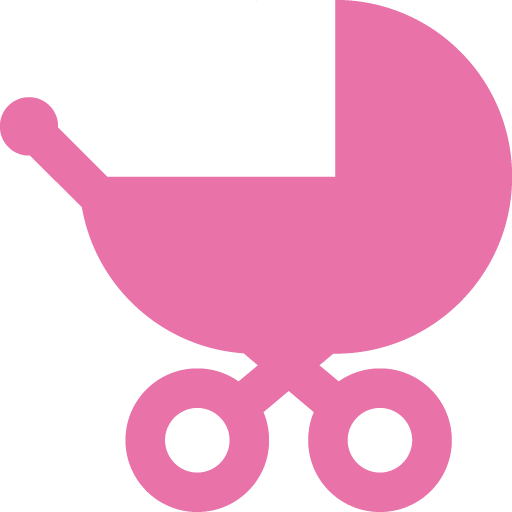The Origin of a Vitamin

Estimated read time: 3 minutes
Honestly, medical opinion about the value of nutritional supplements has changed several times over the last several decades. Historically, the value of prenatal vitamins for women is well known and uncontested. For example, calcium keeps mom’s bones healthy as developing fetuses borrow mom’s calcium for their own bones. And iron prevents the anemia of pregnancy. Folic acid clearly prevents neural disorders and birth defects in children. Clearly, prenatal vitamins for women make sense.
Can Vitamins Treat Cancer?
However, with heart disease or cancer, the story is quite different. In 1998, the government set out to test herbal and other alternative health remedies to find the ones that work for cancer and other diseases. After spending $2.5 billion, the disappointing answer was that none of them help prevent or treat these diseases. As noted (http://turekonmenshealth.com/2009/06/09/you-are-the-pill-that-you-eat/) several years ago, vitamins got an “F” (http://www.usatoday.com/news/health/2009-01-06-vitamins-heart_N.htm) for cancer. To top this off, newer data published just last month suggests that excess vitamins supplements may actually lead to an earlier death (http://www.ncbi.nlm.nih.gov/pubmed/22419320). Now what are we to think?
Can Vitamins Help Men Conceive?
Thankfully, there is encouraging data showing the value of antioxidant supplements for male infertility. In 2009, A prestigious research group in England published a Cochrane Review (http://turekonmenshealth.com/2011/02/19/why-blueberries-matter-antioxidants-male-infertility/) that analyzed 34 studies of 3876 infertile couples using assisted reproduction to conceive. The meta-analysis found that the partners of men taking antioxidant supplements were 4-fold more likely to get pregnant and 4-fold more likely to give birth than couples in which the male partner was not taking supplements.
The Idea of a Male Prepregnancy Vitamin
This study changed our worldview and here’s how:
- A large chunk of male infertility (maybe half) is due to what’s called “oxidative stress.”
- Antioxidants are a good defense against oxidative stress.
- The best antioxidants are found in the diet, and the Paleo diet http://thepaleodiet.com/wp-content/uploads/2011/02/Biological-and-Clinical-Potential-of-a-Palaeolithic-Dietabstract.pdf) appears to be the best.
- Most men have terrible, antioxidant-poor, diets
- If men ate more fruits and vegetables, maybe fertility would improve.
- Barring this, men should view antioxidant supplements as prenatal vitamins.
Motivated by this epiphany, we set forth to create a male pre-pregnancy supplement that would be better for fertility than eating airport food. We wanted it to U.S. made, certified-organic, gluten-free and to reflect the latest in antioxidant research. It would contain antioxidant vitamins, minerals, micronutrients and organic herbals. And, most importantly, we wanted it to be highly “bioavailable” to the body, so we designed it with a cancer nutritionist whose job it is to get essential nutrients into very ill patients. And that’s what sets us apart from the rest, and by far.
Do all men need to take a prenatal? Probably not, because as I said, nothing replaces a healthy antioxidant diet. But if you are like most of us, creatures of habit eating airport food or missing meals because we’re busting our chops to put food on the table, it is to you that we dedicate AlphaSperm.
